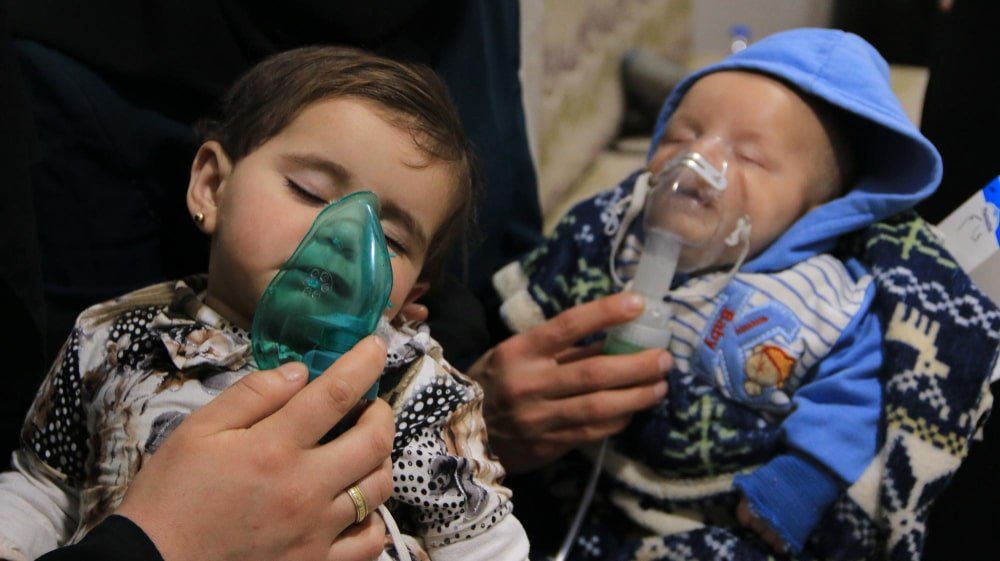Asthma is one of the most common chronic conditions in children today, affecting millions across the world. It causes inflammation and narrowing of the airways, making breathing difficult. While the condition can sound worrying, the good news is that with proper management, children with asthma can lead active, healthy lives.
At Nest Newborn & Children’s Hospital, our pediatric pulmonologists and respiratory care specialists provide complete asthma management programs designed to help children breathe freely and live comfortably. This article explains everything parents need to know about recognizing, managing, and preventing asthma in children.
1. Understanding Asthma in Children
Asthma is a long-term condition in which the airways become sensitive and inflamed, leading to swelling, mucus buildup, and muscle tightening around the lungs. This makes it harder for air to move in and out, causing breathing difficulties.
Common asthma symptoms include:
- Frequent coughing, especially at night
- Wheezing or whistling sound during breathing
- Shortness of breath after play or exercise
- Chest tightness or pressure
- Recurrent cold or chest congestion
These symptoms often come and go, sometimes triggered by specific allergens, weather changes, or infections.
2. Common Triggers of Childhood Asthma
Understanding what triggers asthma is key to controlling it effectively.
Common triggers include:
- Dust, pollen, and pet dander
- Cold weather or sudden temperature changes
- Air pollution and cigarette smoke
- Strong odors or perfumes
- Viral respiratory infections like colds
- Physical exertion without warm-up
- Indoor molds and dampness
Each child’s triggers are unique. Identifying them early helps create a personalized asthma management plan.
3. How Asthma Affects a Child’s Daily Life
Asthma can affect a child’s confidence, school attendance, and participation in sports or outdoor activities. Without proper control, symptoms may cause fatigue and poor sleep.
However, with regular treatment and monitoring, children can enjoy normal activities, perform well in school, and live without restrictions. Early diagnosis and consistent care make a big difference.
4. Diagnosing Asthma in Children
Pediatricians diagnose asthma based on symptoms, physical examination, and medical history.
Tests may include:
- Spirometry: Measures how much and how quickly air is exhaled.
- Peak flow test: Checks airway obstruction.
- Allergy testing: Identifies environmental triggers.
- Chest X-ray: Rules out other conditions.
Accurate diagnosis helps doctors develop an effective long-term care plan.
5. Treatment Options for Asthma in Children
Asthma treatment focuses on preventing attacks and controlling symptoms. It usually includes medication, environmental control, and lifestyle changes.
1. Controller Medications:
Used daily to prevent symptoms and reduce airway inflammation.
Examples: Inhaled corticosteroids, long-acting bronchodilators.
2. Quick-Relief (Rescue) Inhalers:
Used during asthma attacks for immediate symptom relief.
Examples: Short-acting bronchodilators like albuterol.
3. Nebulizer Therapy:
Delivers medication directly to the lungs in mist form, suitable for young children.
4. Allergy Management:
Reduces exposure to triggers through clean surroundings, air filters, and medication if needed.
At Nest Newborn & Children’s Hospital, our pediatric pulmonologists customize treatment plans based on the child’s age, triggers, and severity level.
6. Understanding Asthma Action Plans
An asthma action plan is a written guide developed by your pediatrician to help manage your child’s asthma effectively.
It includes:
- Medication schedule and dosage
- Steps to follow during mild, moderate, or severe symptoms
- Emergency contact information
- Trigger avoidance checklist
Having a clear action plan helps parents and teachers respond quickly during an asthma episode.
7. Preventing Asthma Attacks
Prevention is the best way to reduce asthma flare-ups.
Tips to prevent asthma attacks:
- Keep the home dust-free by regular cleaning and vacuuming.
- Avoid smoking or burning incense indoors.
- Use allergen-proof pillow and mattress covers.
- Maintain proper ventilation and reduce moisture.
- Monitor air quality before outdoor activities.
- Keep pets away from the sleeping area.
Even small preventive steps can make a big difference in keeping symptoms under control.
8. The Role of Nutrition and Lifestyle
A healthy lifestyle supports lung function and immunity.
Nutrition tips:
- Include foods rich in Vitamin C, D, and Omega-3 fatty acids.
- Maintain adequate hydration throughout the day.
- Avoid processed foods or drinks that may trigger inflammation.
Lifestyle practices:
- Encourage daily breathing exercises.
- Teach your child relaxation and stress-management techniques.
- Maintain a healthy weight, as obesity can worsen asthma.
Balanced living helps improve lung strength and overall well-being.
9. When to Seek Immediate Medical Help
Asthma can become serious if not treated promptly. Parents should know the signs of a medical emergency.
Call your doctor or go to the hospital if your child:
- Struggles to breathe or cannot speak properly
- Shows bluish lips or fingernails
- Has chest pulling in or nostrils flaring while breathing
- Does not respond to rescue inhaler or nebulizer
- Appears unusually drowsy or confused
At Nest Newborn & Children’s Hospital, our emergency pediatric team is trained to handle acute asthma attacks quickly and safely.
10. Emotional Support for Children with Asthma
Children with asthma may feel anxious or left out due to their condition. Parental reassurance and open communication help reduce fear and build confidence.
Supportive steps for parents:
- Encourage participation in light sports or hobbies.
- Educate teachers and caregivers about asthma management.
- Praise your child for handling their condition responsibly.
- Join parent groups or counseling sessions for shared experiences.
Emotional strength and family support are as important as medical care in asthma management.
Final Thoughts
Asthma in children is manageable with the right care, awareness, and preventive measures. Early diagnosis, proper medication, and regular follow-ups can help your child lead a full, active, and joyful life.
At Nest Newborn & Children’s Hospital, Nalgonda, we specialize in pediatric respiratory care, offering comprehensive diagnosis, treatment, and long-term management for asthma and other breathing disorders.
With expert guidance and consistent attention, every child can breathe freely and live confidently.

